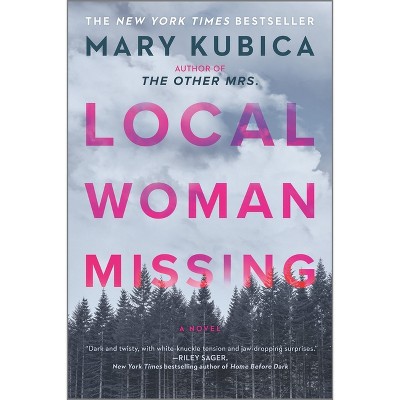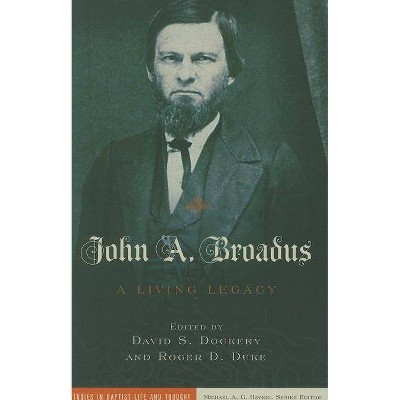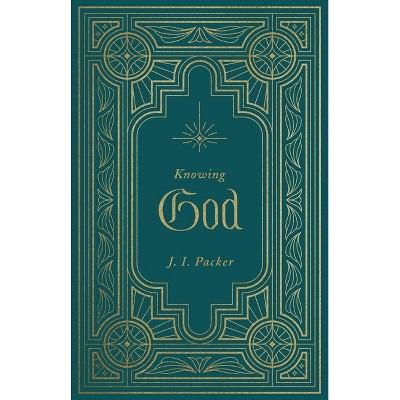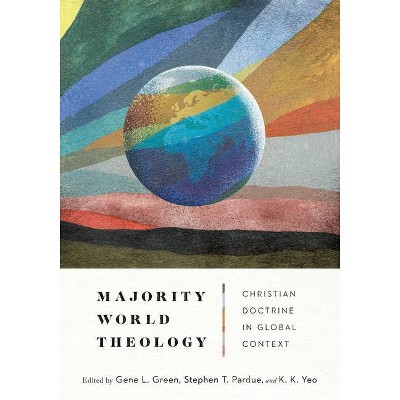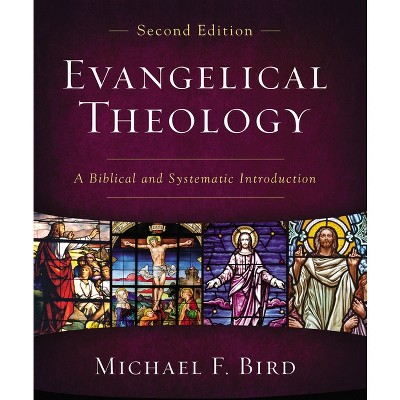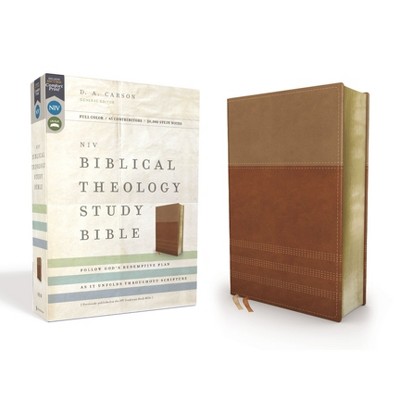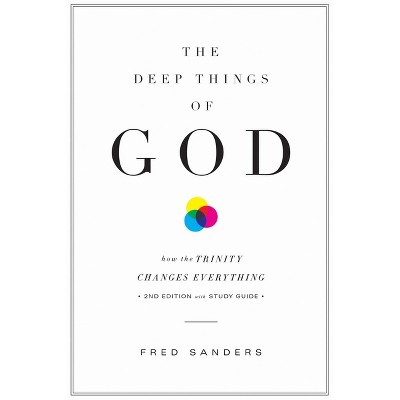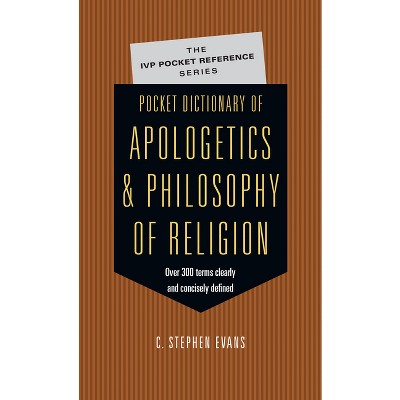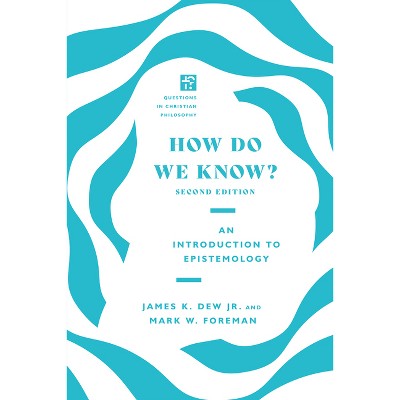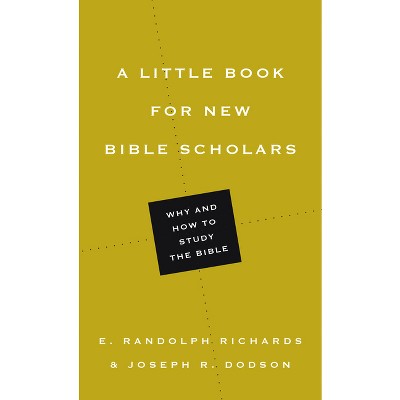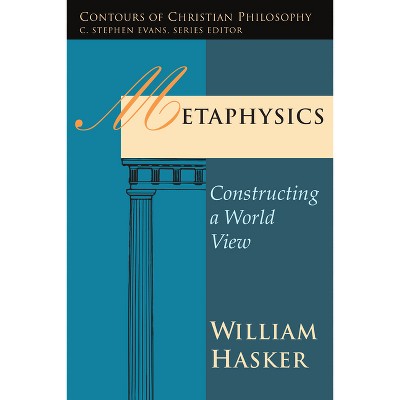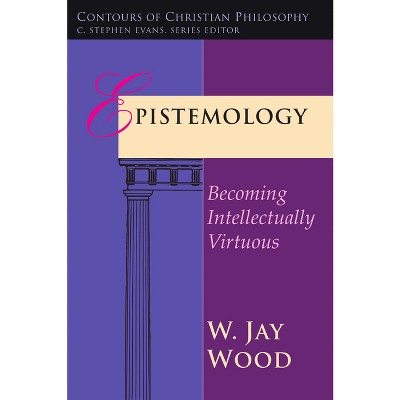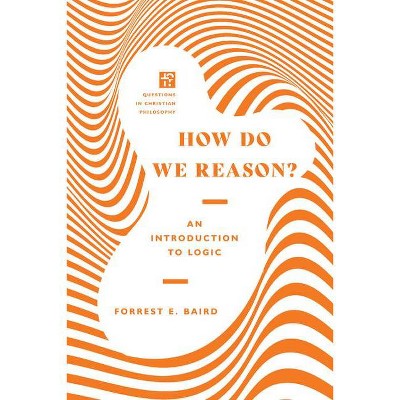Sponsored

Paul and the Giants of Philosophy - by Joseph R Dodson & David E Briones (Paperback)
In Stock
Sponsored
About this item
Highlights
- Biblical Foundations Award FinalistWhat forces shaped the intellectual world of the apostle Paul?
- About the Author: David E. Briones (PhD, Durham) is associate professor of New Testament at Westminster Theological Seminary (Philadelphia), author of Paul's Financial Policy, and coeditor of Paul and Seneca in Dialogue.
- 200 Pages
- Religion + Beliefs, Biblical Studies
Description
About the Book
How was the apostle Paul influenced by the great philosophers of his age? Dodson and Briones have gathered contributors with diverse views who aim to make Paul's engagement with ancient philosophy accessible. These essays address Paul's interaction with Greco-Roman philosophical thinking on a particular topic, including discussion questions and reading lists to help readers engage the material further.
Book Synopsis
Biblical Foundations Award Finalist
What forces shaped the intellectual world of the apostle Paul? How familiar was he with the great philosophers of his age, and to what extent was he influenced by them? When he quoted Greco-Roman sources, what was his aim?
Pauline scholars wrestle with such questions in journal articles and technical monographs, but now Paul and the Giants of Philosophy brings the conversation into the college classroom and the church. Each essay addresses Paul's interaction with Greco-Roman philosophical thinking on a particular topic, such as faith, slavery, gift-giving, and the afterlife. And each chapter includes discussion questions and reading lists to help readers engage the material further. Dodson and Briones have gathered contributors with diverse views from various traditions who are united in the desire to make Paul's engagement with ancient philosophy accessible to many readers.
Review Quotes
"We do not know how far Paul's education extended into direct literary engagement with the giants of Greek and early Roman philosophy, but that is not the point. The conversations created here do not presuppose that Paul had read Aristotle, Cicero, Epictetus, or Seneca: comparison can work very well without a genetic link. The purpose of these essays is not to prove that Paul knew this or that philosophical idea (though it is certainly possible that he did). Their purpose, rather, is to put Paul into dialogue with other people in his cultural context who thought just as deeply about many of the topics that mattered greatly to him.
When we put him alongside others who thought about the same topics and who came out with sometimes similar and sometimes startlingly different conclusions, we get a better grasp of what shapes Paul's thought and why his mind works as it does. Just as we clarify our own ideas and understand our own assumptions better when we argue them through with someone else, so putting Paul into discussion with a variety of conversation partners helps bring to the surface things we had never realized before. If you are anything like me, you will find here a lot of new insights on Paul that would never have occurred to you had you not seen Paul in this comparative perspective. Numerous times when reading these essays I have found myself thinking, 'I had never thought of that, ' or 'I had never seen it that way before.' Prepare to be surprised and intrigued, and from those reactions I hope you will be led to think more clearly, more deeply, and with greater comprehension about that incessant conversationalist Paul, whose letters keep inviting us across the centuries to respond to his provocative chatter."
About the Author
David E. Briones (PhD, Durham) is associate professor of New Testament at Westminster Theological Seminary (Philadelphia), author of Paul's Financial Policy, and coeditor of Paul and Seneca in Dialogue.
Joseph R. Dodson (PhD, Aberdeen) is associate professor of New Testament at Denver Seminary, author of The "Powers" of Personification, and coauthor of A Little Book for New Bible Scholars.
Shipping details
Return details
Frequently bought together

